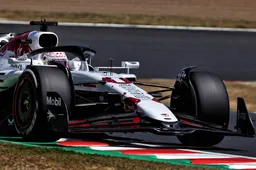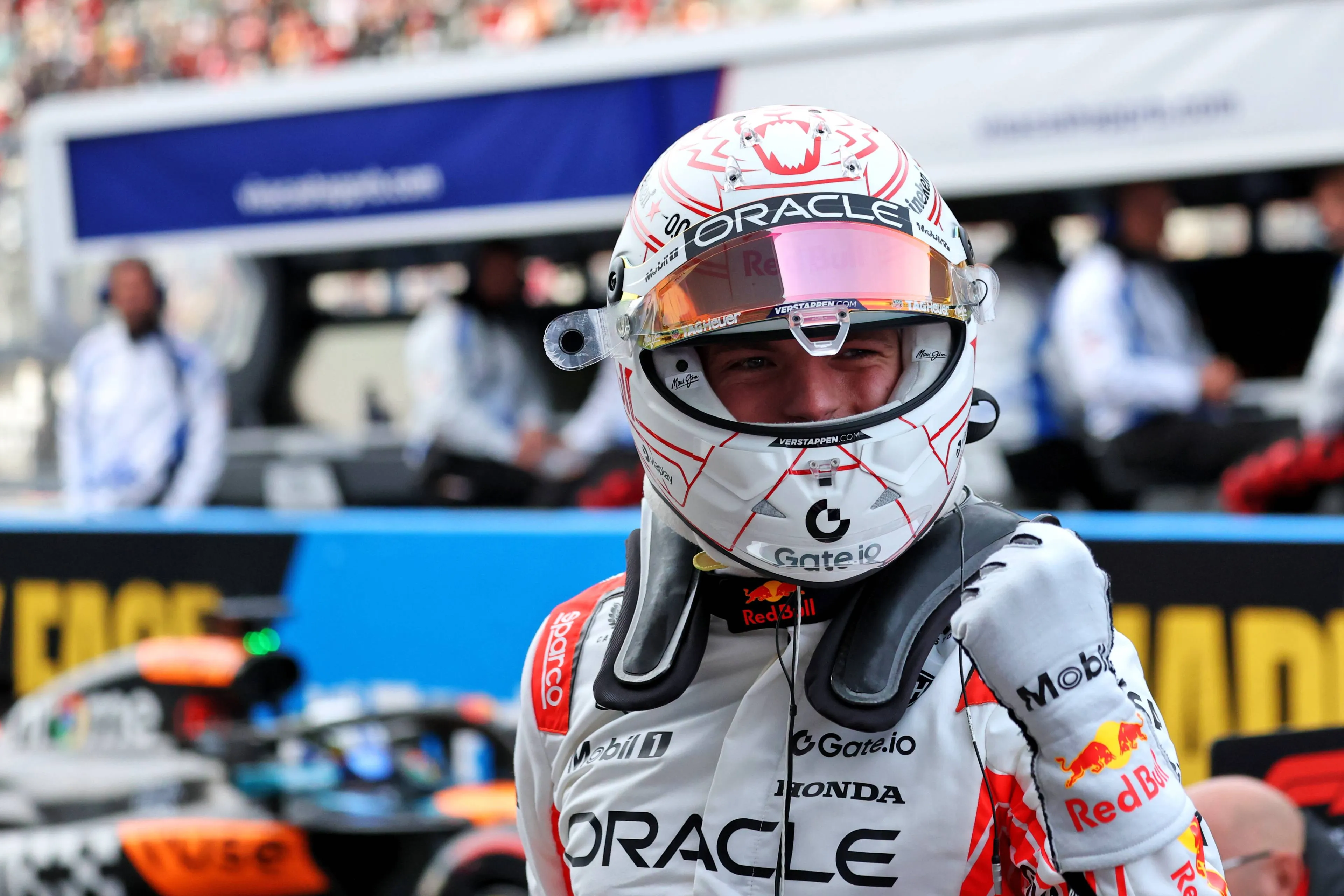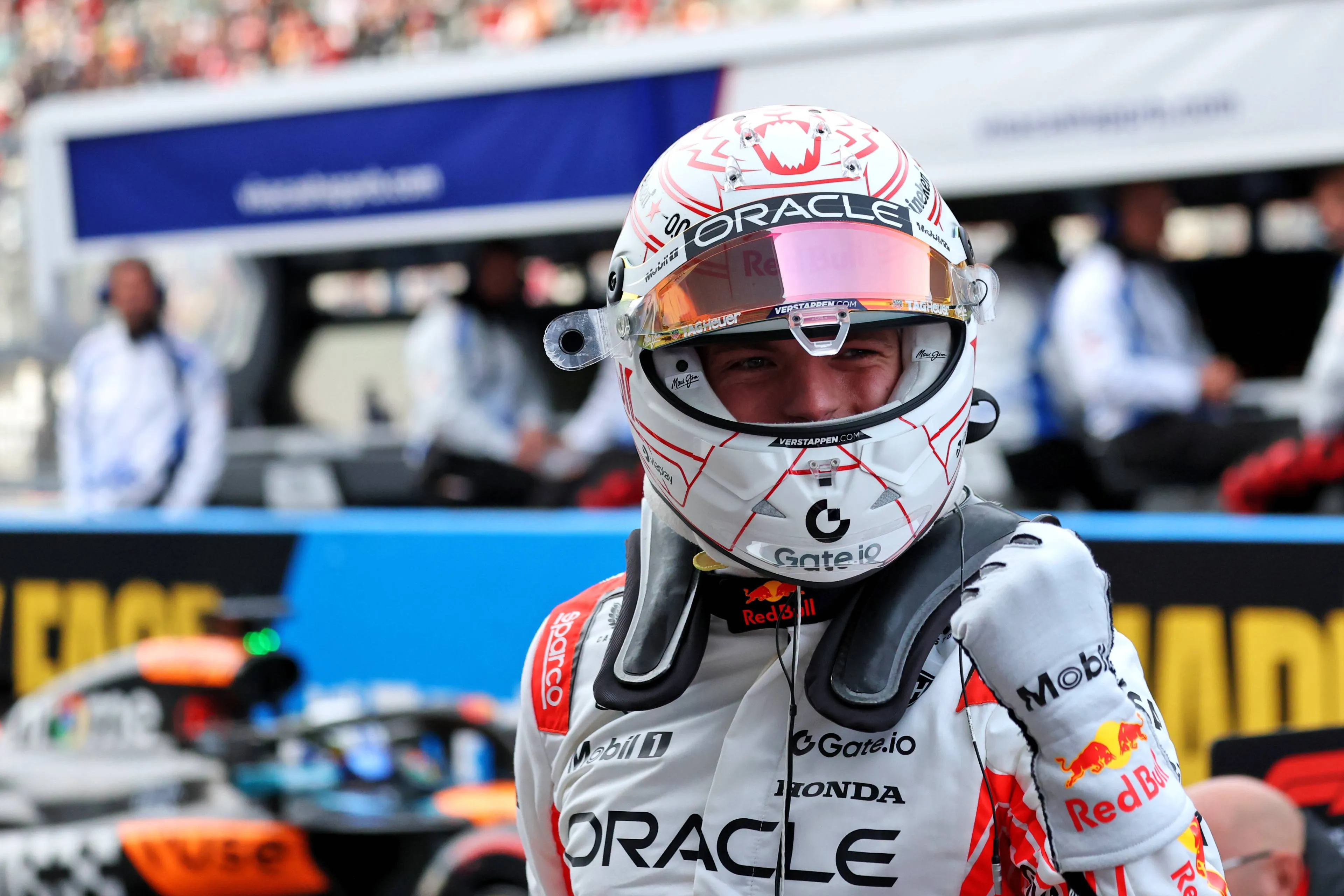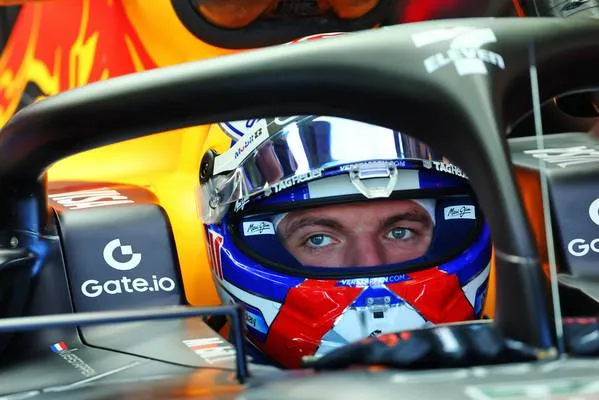Mercedes deflated: Is this why George Russell's car was underweight?
Mercedes thought they had secured 'just' their second one-two result since the 2020 Formula 1 season. In fact, they had the trophies in their hands and had enjoyed the champagne. But the FIA knocked on the door with bad news and disqualified George Russell as his car was underweight. Mercedes have been analysing why this mistake happened.
Formula 1 has now started the traditional summer break, with no events until the end of August. But first, there's time for a debrief. Mercedes' 43 points turned into just 25. As Mercedes starts to become more competitive, they are closing the gap on those above them in the World Championship. All points are important with ten races left and the grid being so tight at the front.
Why was George Russell's car underweight?
"We are trying to understand exactly what happened. A lot of that involves us getting the weights of all the different components. The car can lose quite a lot of weight during the race. You get tyre wear, plank wear, brake wear, oil consumption. The driver themselves can lose a lot, and in this particular race George lost quite a bit of weight," Andrew Shovlin, Trackside Engineering Director, explained in the Mercedes Debrief.
Mercedes don't have the full answer yet, but Shovlin provided insight into what they suspect. "The cars started the race the same weight. Lewis and George were both weighed after qualifying. The cars were within 500 grams. George's car was the only one that had the problem, and it is because things like the tyre wear was much higher. It looks like we lost more material on the plank," Shovlin added.
At the 2023 United States Grand Prix in Austin, Hamilton was disqualified from P2 for having excessive plank wear. This time, Shovlin suggests Hamilton marginally gained. In the end, the seven-time World Champion got the win but couldn't make the overtake on track during their battle in the closing stages.
"Obviously, as George's car was losing weight faster than Lewis' throughout the race, there is an associated gain with that. But you are into the hundredths of a second per lap. It will be very small because when you are talking about amounts like one or two kilos, they do not amount to a lot of lap time," Shovlin concluded.
Despite this "bittersweet" moment for Mercedes, the team have made significant gains and go into the summer break with positive momentum. They have won two of the last three races and secured one podium at every race since Canada.
"...because when you are talking about amounts like one or two kilos, they do not amount to a lot of lap time," Yeah, sure. Others, including Brundle, quote 0.1s per liter of fuel per lap (track dependant of course). A liter of fuel is ~0.8 kg Using 'one or two kilos' of weight that could be a considerable amount of time per lap. Ask Alpine, Williams or Kick a Sauber if they'd like two tents per lap in performance.
And you trust Brundle more than Andrew Shovlin, trackside director of Mercedes F1?
It read, in part, others including Brundle. I believe the 1.5kg is worth more than what Shovlin is stating.
tbh I dont... I remember this old stat always claiming "about 0.01 per lap per kilo". Around a big lap like spa maybe 0.015 to 0.02 but I don't think it gets more. 0.1s per lap definitely sounds like too much
Popular on GPBlog

FP3 at Suzuka: Will Verstappen and Red Bull turn their weekend around?

F1 Full Results | Japanese Grand Prix FP3: Norris leads McLaren one-two ahead of qualifying
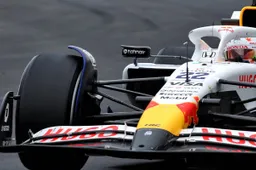
Problems at Racing Bulls: Isack Hadjar experiencing cockpit struggles
